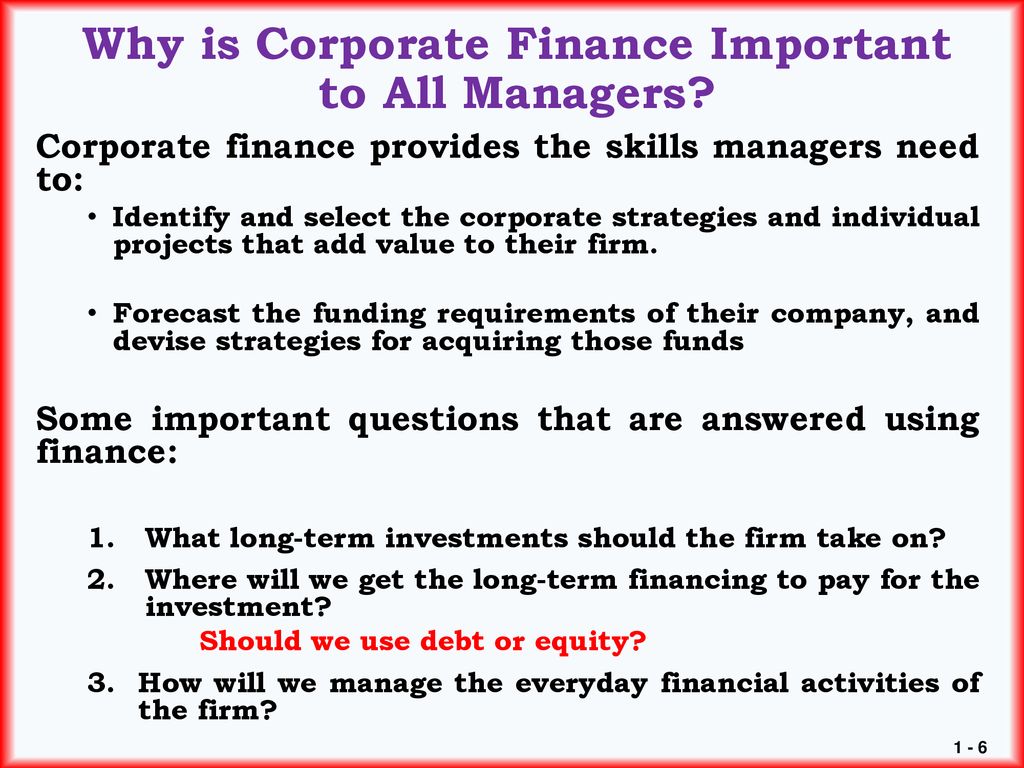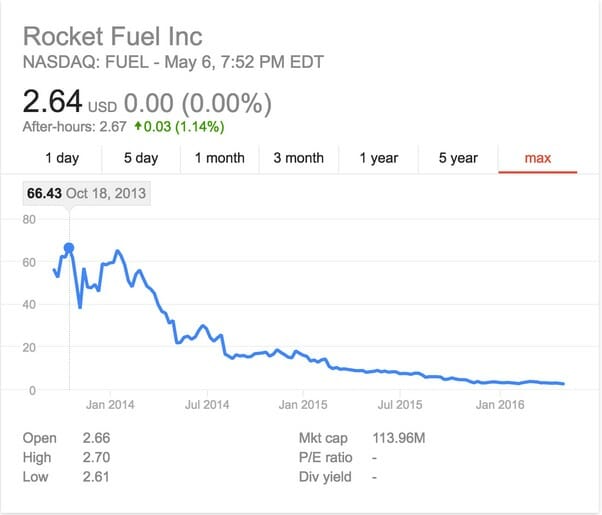Table of ContentsThe Facts About What Is Derivative Finance RevealedNot known Incorrect Statements About What Determines A Derivative Finance All about What Is Derivative Instruments In FinanceUnknown Facts About What Do You Learn In A Finance Derivative ClassWhat Is A Derivative In Finance Examples Fundamentals Explained
The disadvantages resulted in disastrous effects throughout the monetary crisis of 2007-2008. The rapid decline of mortgage-backed securities and credit-default swaps resulted in the collapse of banks and securities around the globe. The high volatility of derivatives exposes them to possibly huge losses. The advanced style of the agreements makes the appraisal exceptionally complex and even difficult.
Derivatives are extensively considered as a tool of speculation. Due to the extremely risky nature of derivatives and their unpredictable behavior, unreasonable speculation may result in substantial losses. Although derivatives traded on the exchanges normally go through an extensive due diligence procedure, a few of the contracts traded over the counter do not consist of a criteria for due diligence.
We hope you taken pleasure in reading CFI's explanation of derivatives. CFI is the official provider of the Financial Modeling & Evaluation Expert (FMVA)FMVA Certification classification for monetary experts. From here, we advise continuing to construct out your knowledge and understanding of more business financing topics such as:.
A derivative is a financial instrument whose value is based on several underlying possessions. Differentiate in between different kinds of derivatives and their usages Derivatives are broadly classified by the relationship between the hidden property and the derivative, the type of underlying asset, the market in which they trade, and their pay-off profile.
The most common underlying assets include commodities, stocks, bonds, interest rates, and currencies. Derivatives permit financiers to earn big returns from little motions in the hidden asset's cost. Alternatively, financiers could lose big amounts if the rate of the underlying relocations against them significantly. Derivatives contracts can be either over the counter or exchange -traded.

Some Known Details About What Is A Finance Derivative
: Having descriptive worth instead of a syntactic category.: Collateral that the holder of a financial instrument has to deposit to cover some or all of the credit risk of their counterparty. A derivative is a monetary instrument whose worth is based upon one or more underlying possessions.
Derivatives are broadly classified by the relationship in between the underlying possession and the derivative, the type of underlying possession, the market in which they trade, and their pay-off profile. The most typical types of derivatives are forwards, futures, choices, and swaps. The most typical underlying assets consist of commodities, stocks, bonds, interest rates, and currencies.
To hypothesize and make a revenue if the value of the underlying asset moves the way they anticipate. To hedge or alleviate risk in the underlying, by getting in into an acquired agreement whose worth moves in the opposite direction to the underlying position and cancels part or all of it out.
To produce alternative capability where the value of the derivative is connected to a particular condition or occasion (e.g. the underlying reaching a particular rate level). Using derivatives can lead to big losses since of using leverage. Derivatives enable investors to make big returns from small movements in the underlying property's price.
: This graph shows total world wealth versus total notional worth in derivatives contracts between 1998 and 2007. In broad terms, there are 2 groups of http://beckettoump009.image-perth.org/the-facts-about-what-is-a-bond-in-finance-uncovered acquired agreements, which are differentiated by the method they are traded in the marketplace. Over-the-counter (OTC) derivatives are contracts that are traded (and independently worked out) straight between two celebrations, without going through an exchange or other intermediary.
Getting The What Are Derivative Instruments In Finance To Work
The OTC derivative market is the biggest market for derivatives, and is mainly unregulated with respect to disclosure of details in between the parties. Exchange-traded derivative contracts (ETD) are those derivatives instruments that are traded by means of specialized derivatives exchanges or other exchanges. A derivatives exchange is a market where people trade standardized agreements that have been defined by the exchange.
A forward contract is a non-standardized agreement in between 2 parties to purchase or sell a possession at a specified future time, at a rate agreed upon today. The celebration concurring to purchase the underlying property in the future presumes a long position, and the party agreeing to offer the asset in the future assumes a brief position.
The forward cost of such a contract is frequently contrasted with the area price, which is the cost at which the possession modifications hands on the spot date. The distinction in between the spot and the forward rate is the forward premium or forward discount rate, normally thought about in the type of a profit, or loss, by the buying party.

On the other hand, the forward contract is a non-standardized contract written by the parties themselves. Forwards also normally have no interim partial settlements or "true-ups" in margin requirements like futures, such that the celebrations do not exchange additional property, securing the party at gain, and the whole unrealized gain or loss develops while the agreement is open.
For instance, when it comes to a swap involving 2 bonds, the advantages in question can be the regular interest (or coupon) payments related to the bonds. Particularly, the two counterparties consent to exchange one stream of cash streams versus another stream. The swap arrangement defines the dates when the money flows are to be paid and the way they are determined.
What Is A Derivative In Finance Fundamentals Explained
With trading becoming more typical and more available to everyone who has an interest in monetary activities, it is crucial that details will be delivered in abundance and you will be well geared up to get in the global markets in confidence. Financial derivatives, likewise referred to as typical derivatives, have remained in the marketplaces for a very long time.
The easiest method to explain a derivative is that it is a contractual contract where a base worth is concurred upon by means of a hidden possession, security or index. There are many underlying possessions that are contracted to different financial instruments such as stocks, currencies, commodities, bonds and interest rates.
There are a variety of common derivatives which are regularly traded all throughout the world. Futures and choices are examples of typically traded derivatives. Nevertheless, they are not the only types, and there are many other ones. The derivatives market is incredibly large. In reality, it is approximated to be roughly $1.2 quadrillion in size.
Many investors choose to buy derivatives instead of buying the hidden possession. The derivatives market is divided into 2 categories: OTC derivatives and exchange-based derivatives. OTC, or over-the-counter derivatives, are derivatives that are not listed on exchanges and are traded straight between parties. what are derivative instruments in finance. Therese types are popular among Investment banks.
It prevails for large institutional financiers to use OTC derivatives and for smaller sized specific investors to use exchange-based derivatives for trades. Customers, such as industrial banks, hedge funds, and government-sponsored business frequently buy OTC derivatives from financial investment banks. There are a number of monetary derivatives that are provided either OTC (Over The Counter) or via an Exchange.
The smart Trick of What Finance Derivative That Nobody is Talking About
The more common derivatives utilized in online trading are: CFDs are extremely popular amongst acquired trading, CFDs allow you to speculate on the boost or reduce in rates of international instruments that consist of shares, currencies, indices and products. CFDs are traded with an instrument that will mirror the movements of the underlying possession, where earnings or losses are released as the possession relocates relation to the position the trader has taken.
Futures are standardized to facilitate trading on the futures exchange where the information of the hidden property is dependent on the quality and amount of the product. Trading choices on the derivatives markets provides traders the right to purchase (CALL) or sell (PUT) an underlying asset at a specified cost, on or before a particular date without any obligations this being the primary difference in between choices and futures trading.
Nevertheless, options are more versatile. This makes it preferable for timeshare lawyer services numerous traders and financiers. The function of both futures and options is to enable individuals to secure rates in advance, prior to the real trade. This allows traders to safeguard themselves from the danger of unfavourable prices changes. However, with futures contracts, the purchasers are obligated to pay the amount defined at the concurred price when the due date shows up - what determines a derivative finance.
This is a significant difference between the two securities. Likewise, many futures markets are liquid, developing narrow bid-ask spreads, Additional hints while options do not always have adequate liquidity, particularly for options that will just end well into the future. Futures provide greater stability for trades, but they are also more rigid.